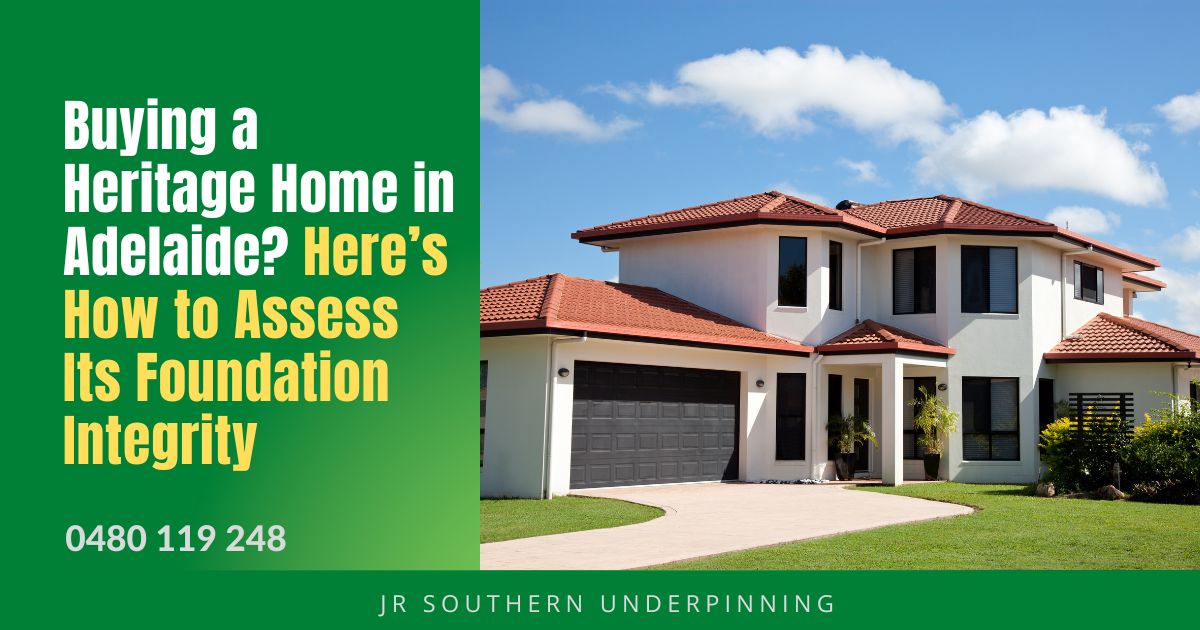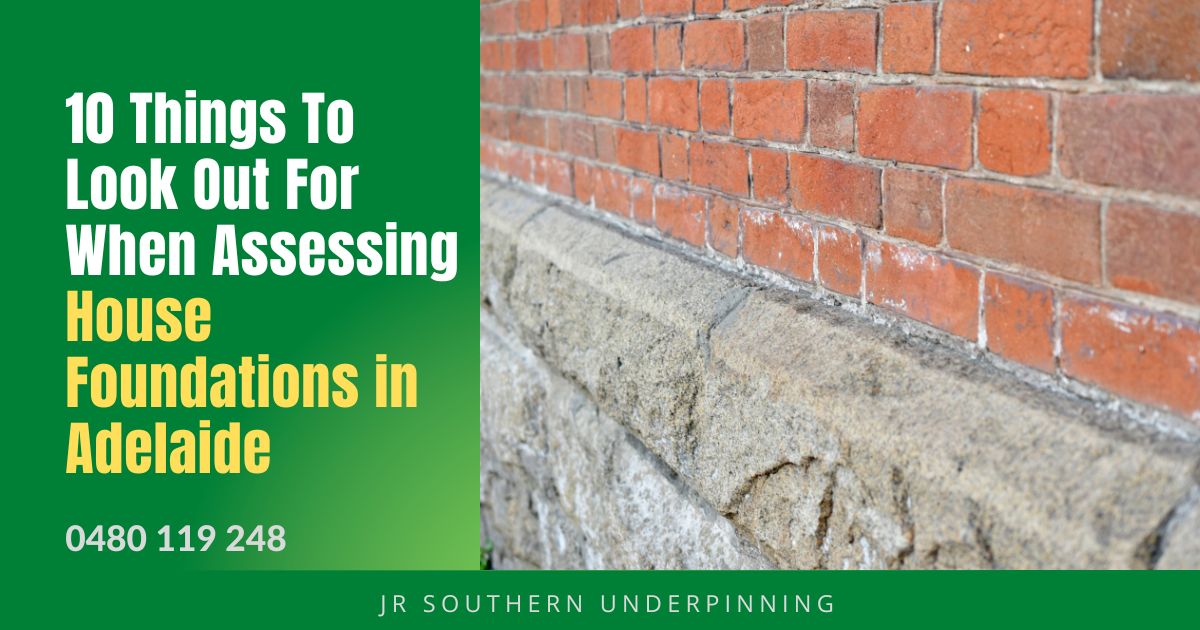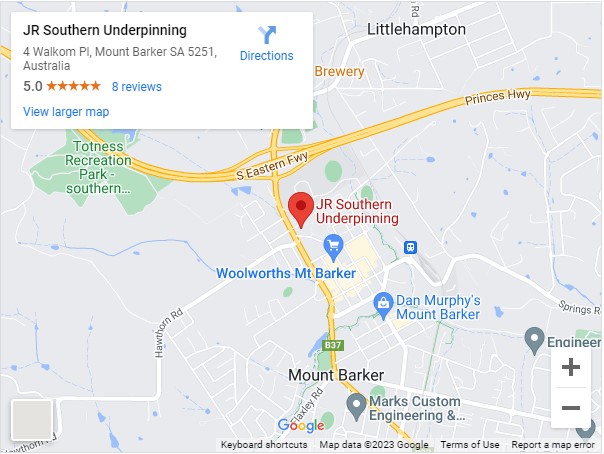If you are considering purchasing a heritage home in Adelaide, it is essential to thoroughly assess the foundation’s integrity before deciding. Heritage homes often have unique charm and character, but they may also have hidden structural issues that can be costly to repair.
In this blog post, we will provide a comprehensive guide on assessing the foundation integrity of a heritage home in Adelaide. By conducting a thorough inspection, you can ensure that your investment is sound and secure for years.
Conduct a Visual Inspection:
Start by examining the home’s exterior for any visible signs of foundation problems. Look for cracks in the walls, uneven floors, or doors that stick or do not close properly. These could be indicators of foundation settlement or shifting. Pay special attention to any areas where additions have been made to the original structure, as these are common areas for foundation issues.
Who can conduct a visual inspection?
When planning to purchase a heritage home in Adelaide, engaging the services of a qualified building inspector or structural engineer is crucial for conducting a comprehensive visual inspection. These professionals possess the requisite knowledge to identify potential issues with the foundation and overall structure of historic properties. Additionally, consulting with a conservation architect, who specialises in the restoration and preservation of heritage buildings, can provide invaluable insights into maintaining the property’s historical integrity while ensuring it meets current safety standards.
If you need help on this aspect, feel free to contact JR Southern Underpinning.
Hire a Professional Inspector:
While a visual inspection can give you some insight into the foundation’s condition, hiring a professional inspector to conduct a thorough assessment is always best. A qualified inspector will have the tools and expertise to identify any underlying issues that may not be immediately visible.
Check for Water Damage:
Water damage is one of the leading causes of foundation problems in heritage homes. Inspect the basement or crawl space for signs of water infiltration, such as dampness, mould, or mildew. Addressing any water issues promptly can help prevent further damage to the foundation.
Addressing Water Damage in Adelaide’s Heritage Homes
When considering the purchase of a heritage home in Adelaide that has water damage, it is crucial to proceed with caution and thoroughness. Water damage can imply a range of issues, from superficial aesthetic concerns to deep structural defects.
Prospective buyers should first enlist a qualified inspector who specialises in heritage properties to assess the extent of the water damage and its impact on the building’s integrity. This should be followed by obtaining quotes from contractors experienced with historical renovations in Adelaide for the necessary repairs.
Additionally, check if the home is listed under any heritage protection orders, as this can affect the types of repairs and materials you are allowed to use. Finally, consider negotiating the repair costs with the seller or look for a reduction in the sale price to account for the repair expenses. It’s vital to ensure any intervention aligns with local heritage guidelines to preserve the property’s historical value.
If you require help on this aspect, feel free to contact John at JR Southern Underpinning.
Look for Previous Repairs:
Ask the current owner if any repairs have been made to the foundation. If so, find out what repairs were done and who performed them. It is crucial to ensure that any previous repairs were completed correctly and will avoid future problems.
Determining previous repairs is critical when buying a historical house in Adelaide because it provides insights into the structural integrity and future maintenance needs of the property. Historical homes are cherished for their character and architectural significance, but they may also harbour issues related to age, such as outdated electrical systems, plumbing, or foundation problems.
Understanding the repair history allows potential buyers to gauge the quality of past renovations, identify if any historical features have been altered or preserved, and anticipate any costly repairs or restoration work that may be required in the future. This knowledge is essential for making an informed decision and ensuring that the investment in a piece of Adelaide’s history is both sound and sustainable.
Consider Soil Conditions:
The type of soil on which a heritage home is built can significantly impact its foundation integrity. Certain soil types, such as clay or expansive soils, are more prone to movement and can cause foundations to shift over time. Understanding the soil conditions around the property can help you anticipate potential issues.
Determining the soil condition of a historical home is crucial for ensuring its stability and longevity. If you’re concerned about the safety and integrity of the ground beneath your home, it’s advisable to consult with a structural engineer or a geotechnical specialist.
These professionals possess the expertise to conduct soil tests, evaluating its composition, bearing capacity, and potential for issues like subsidence or erosion. They can also offer guidance on necessary interventions to mitigate any identified risks, ensuring the safety and preservation of your property.
Conclusion:
Purchasing a heritage home in Adelaide can be an exciting opportunity to own a piece of history. Still, it is crucial to thoroughly assess its foundation integrity before finalising your decision.
By following these tips and conducting a thorough inspection, you can ensure that your investment is secure and free from costly repairs down the line. Remember that hiring a professional inspector is always recommended when assessing structural issues in older homes. With proper due diligence, you can enjoy your heritage home for generations with peace of mind, knowing its foundation is solid and stable.
Happy house hunting!



